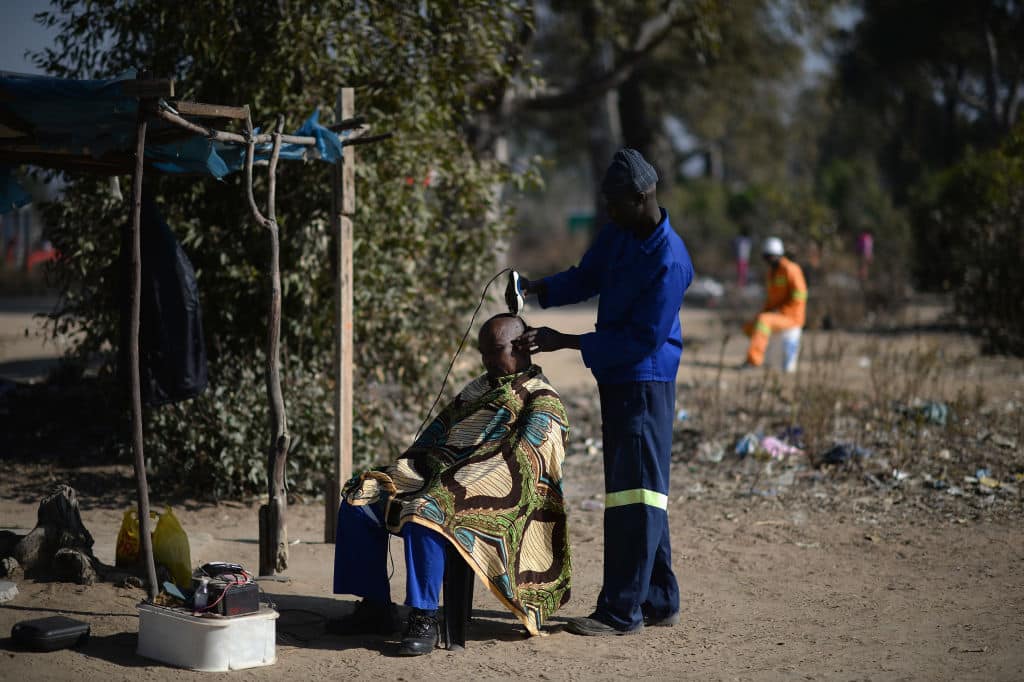Africa is simultaneously contending with three realities: the continent has the youngest growing population; the Covid-19 pandemic has spurred substantial development and growth setbacks; and employment opportunities are flailing. This is seemingly a direct antithesis of the Africa rise narrative that dominated just a few years ago. If we consider this post-pandemic era as an opportunity for growth, this is a crisis we must address.
Africa has a population that is under 25 in excess of 60%. Young Africans are anticipated to make up 42%
of the world’s youth by 2030. Yet, we are demonstrably not tapping into this potential.
As Audrey Donkor wrote for Foreign Policy in 2021: “Such a large youthful population might ordinarily symbolize an ample and energetic workforce, a boon for the development prospects of any region. But the dire employment situation for young people across Africa continues to snuff out their potential.”
The African Development Bank (AfDB) asserts that only one in six young people aged 15 to 35 are employed for pay, another third are vulnerable workers, and a third are unemployed and discouraged.
Intriguingly, in sub-Saharan Africa, unemployment rates overall are relatively low. However, if one were to delve into the statistics, these figures do not consider the quality of employment.
Much of this work is informal, wages are low, and little to no social safety nets exist. It is thus difficult to make any comparisons to more advanced economies. The trend demonstrates that many engage in insecure jobs for income.
Research suggests that youth unemployment leads to increased poverty levels, migration, social exclusion, social instability, welfare increases, human capital erosion, and even conflict. Moreover, high levels of unemployment stunt a nation’smdevelopment. Evidence suggests that if most of the youth are
economically active, there are distinct opportunities for poverty and inequality reduction and greater economic growth as dependency ratios are lowered. This phenomenon comprises part of the democratic dividend, which speaks to the growth associated with the age structure of a region.
As Julius Maina, regional editor of The Conversation, aptly argued: “The media frequently portray young people excluded from wage work as inactive, aimless and alienated from mainstream society. This image feeds into fears of crime, violence, and social unrest in which jobless people are cast as a ‘ticking time bomb’ that threatens a country’s stability. But this is a very misleading characterization. Most analyses of unemployed youth fail to grapple with the reality that unemployment in the sense of ‘doing nothing’ is not a feasible option for most young people.
“In South Africa, of course, unemployment presents itself starkly; 3.4% of those in the 15-34 age range are unemployed.
Against this context, there is a clear intersection between unemployment, economic growth and social security. Social security broadly refers to public measures provided by society against economic and social distress. In Africa, there is a distinct gap between the first economy, which is competitive and globally integrated, and the second economy, primarily comprised of the unemployed and characterized by underdevelopment.
The question is, how do we bridge these two worlds? Much of Africa lacks comprehensive social security systems, leaving the population, particularly the youth, vulnerable to economic shocks and social instability. These programs often face significant challenges in implementation, including limited funding and inadequate infrastructure.
The introduction of strategic social security programs could provide support for youth seeking employment. Implementing social security measures in Africa while also ensuring empowerment, job
creation, and economic growth requires a comprehensive and holistic approach that addresses the region’s underlying causes of poverty and joblessness.
One strategy is job training programs and youth entrepreneurship programs. This emphasizes both skills-building and the creation of safety mechanisms.
Partnerships with universities and vocational training institutions as well as initiatives that support innovation and entrepreneurship can help achieve this. The University of Johannesburg, for instance, has partnered with the Youth Employment Service (YES) to provide students with internship opportunities.
Another strategy is to invest in infrastructure, including transportation, telecommunications, and energy systems. In particular, investments in renewable energy technologies can create new industries and job opportunities while contributing to sustainable development. To address unemployment and create growth, these social security systems need to be strengthened to ensure access and provide a safety net.
A comprehensive social security system could well be the remedy.
